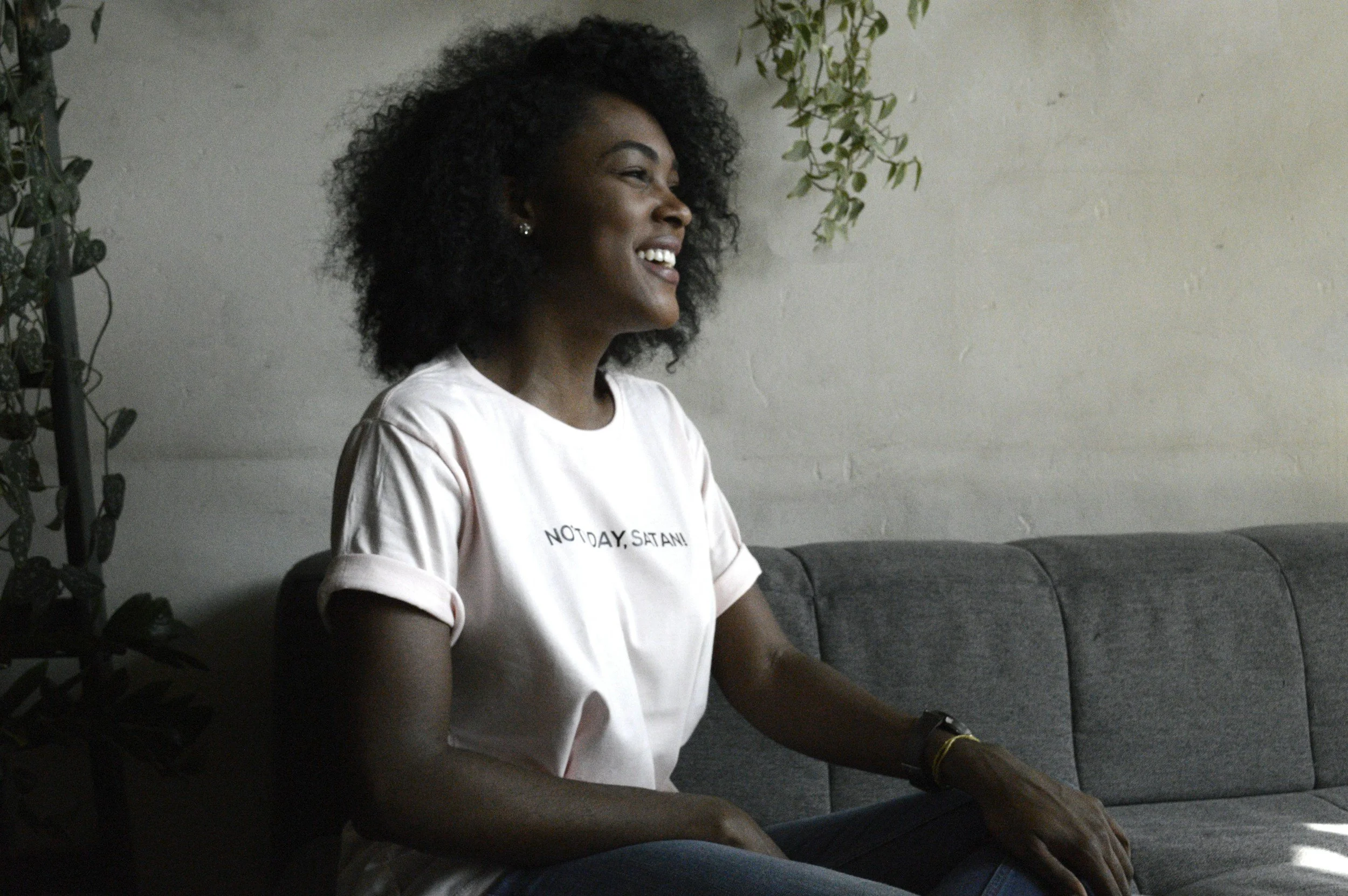Why It’s Okay to Be Tired: Black Women, Rest, and Healing
There’s a specific kind of exhaustion that many Black women carry. It’s not just about being overworked or underappreciated—though that’s often true. It’s a deeper kind of tiredness. The kind that sinks into your bones. The kind that doesn’t go away after a good night’s sleep.
It’s the weight of being everything for everyone. The silent labor of code-switching, caregiving, and pushing through—even when you’re unraveling on the inside. It’s the unspoken pressure to “keep it together” in a world that often doesn’t see you as soft and worthy of protection.
As a trauma-informed therapist, yoga teacher, and social justice advocate, I want to offer you something that our society rarely does: Permission to be tired and permission to rest.
The Myth of the Strong Black Woman
Many black women were raised to believe that strength is the only option. Taught to “push through,” “stay busy,” and “not let them see you sweat.” Somewhere along the way, being strong becomes your identity.
But what if I told you that you don’t have to EARN rest?
That hustle doesn’t promote healing?
That vulnerability is not weakness—but wisdom?
What I wish more women understood is that every choice we make—even overworking, over giving, and hiding our pain—makes sense in the context of our early childhood experiences and socialized roles. Many of us learned it was necessary for our survival to put others first, often silencing our own needs, and staying hyper-independent.
But surviving is not the same as thriving.
The Nervous System Knows the Truth
As a trauma-informed clinician, I understand deeply the ways in which the body keeps score of our “strength”. Chronic exhaustion, depressed mood, anxiety, low motivation, emotional shutdown, even irritability is your nervous system’s way of saying, “I’ve been holding too much, for too long.” There is no work/life balance and simple tasks can feel monumental to complete. Couple that with the pressure to be more social and engaged with others in the summer and it’s a recipe for overstimulation!
To begin healing, it’s important to start with the body, reconnecting to establish safety and to release what has been stored in your muscles and breath for years. Yoga, when practiced through a trauma-informed lens, can help you reconnect. You don’t need to twist into a pretzel or sit in silence for hours (that’s almost impossible for anyone other than a reclusive Tibetan Monk to do!) Trauma-informed yoga is about creating space for choice, gentleness, and a sense of home in your body again.
You deserve a relationship with yourself that feels calm and grounded—not just productive.
Rest Is Revolutionary—and Relational
As a therapist, I believe that great healing happens in relationship —with others and with self. The therapeutic space I create is one where you don’t have to shrink, explain, or pretend. It’s a space where your story, your silence, and your sorrow are all welcome.
It’s also a space to rediscover your softness—your laughter, your creativity, your right to slow down.
Rest, for Black women, is not a luxury. It’s a radical act of reclamation. Healing does not happen in isolation.
Together, we can explore:
Why you feel guilty when you rest
What boundaries need to be redefined
How your past may still be shaping your present
And how to settle in and come home to your body and spirit
Healing Is Within Your Reach
If you’ve been waiting for a sign that it’s okay to pause… this is it.
If you’ve been carrying too much and wondering if you’re just “being dramatic”… you’re not.
If you’ve been craving a space where your story, and your softness are understood… you’ve found it.
This Summer—and all year round—you deserve to be seen and held. You deserve a soft place to land. You deserve rest.
And when you're ready, I’m here...
If you are ready to begin your healing journey with a therapist who honors your story, your body, and your boundaries, Let’s talk.
Written by: Charmaine Z. Dodd
